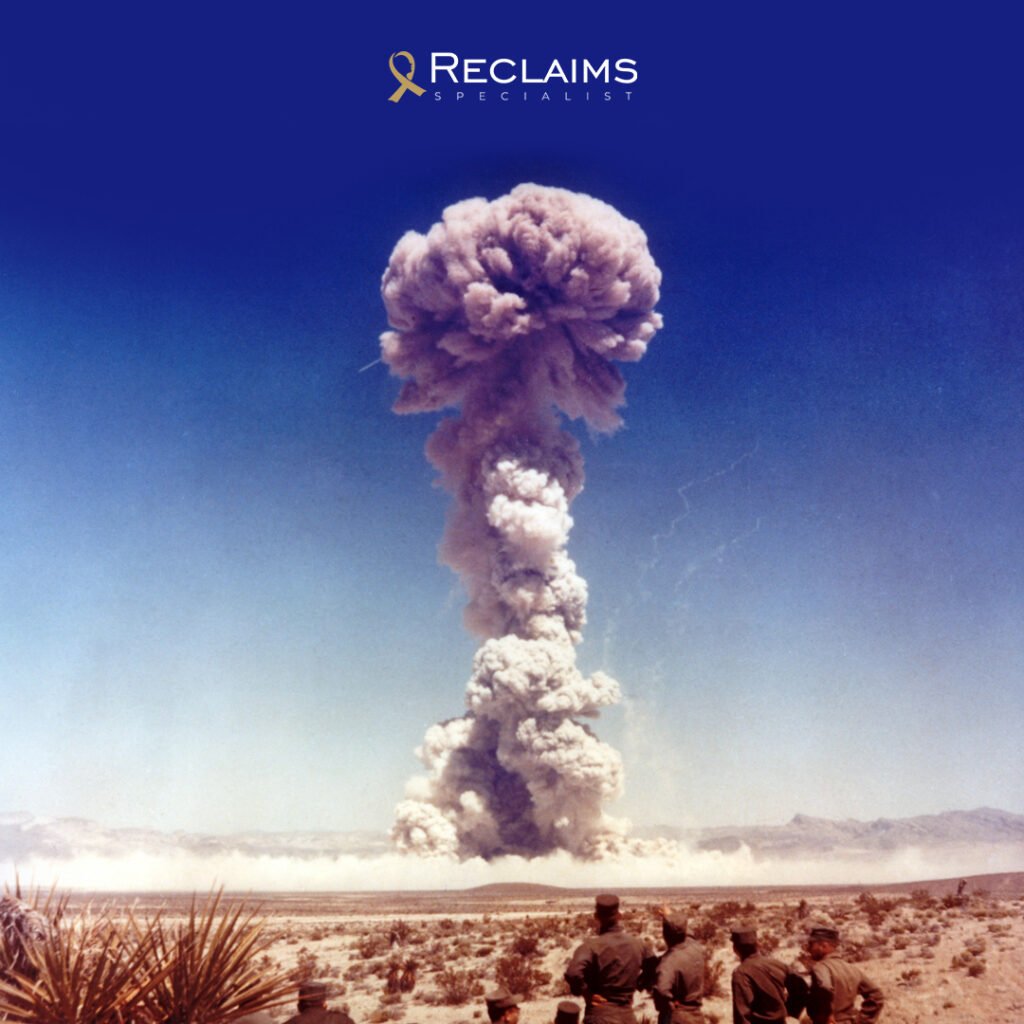
The Greatest Law Firm You Can Trust
Blog
Information on U.S. Cancer Compensation Benefit Programs
Cancer is a life-changing diagnosis, not only for those affected but also for their families. In the U.S., several compensation and benefit programs are designed to support cancer patients, particularly those whose illness may have resulted from occupational exposure, environmental factors, or other circumstances. Understanding these programs is essential for cancer patients and their families to navigate the financial challenges associated with cancer treatment, loss of income, and overall quality of life.
This blog provides an overview of various U.S. cancer compensation benefit programs, eligibility criteria, and how you can access these benefits.
Overview of U.S. Cancer Compensation Benefit Programs
Cancer compensation benefit programs are designed to provide financial support and assistance to individuals suffering from cancer, especially those who have developed the disease due to workplace exposure, military service, or other hazardous environments. These programs generally include federal, state, and private initiatives, with compensation covering medical costs, lost wages, and additional benefits.
1. Federal Compensation Programs
The U.S. government offers several programs targeting specific groups affected by cancer due to hazardous exposures, including:
- Energy Employees Occupational Illness Compensation Program Act (EEOICPA): EEOICPA provides compensation to workers who developed cancer due to exposure to radiation, beryllium, or silica while working for the Department of Energy (DOE) or its contractors. Eligible individuals can receive a lump sum payment of up to $250,000 and coverage for medical expenses related to their cancer.
- Radiation Exposure Compensation Act (RECA): RECA offers compensation to individuals who have developed cancer due to exposure to radiation from nuclear weapons testing or uranium mining. Those eligible may receive compensation ranging from $50,000 to $100,000, depending on their exposure history.
- Veterans Affairs (VA) Disability Benefits: Veterans who have developed cancer due to exposure to hazardous materials during their military service, such as Agent Orange or asbestos, may qualify for disability compensation. The VA provides monthly payments, healthcare benefits, and additional resources to eligible veterans.
2. State Workers’ Compensation Programs
Each state has its own workers’ compensation system that may provide benefits to employees who develop cancer due to occupational exposure. Workers’ compensation typically covers medical bills, a portion of lost wages, and disability benefits. However, eligibility and benefits vary by state, and the burden of proof for occupational exposure can be challenging.
In some states, specific laws or presumptions apply to certain professions, such as firefighters, who are at higher risk of developing cancer due to their work environment. These laws may make it easier for such workers to receive benefits without having to prove direct causation.
3. Private and Employer-Sponsored Compensation Programs
Many employers offer compensation and benefit programs for employees diagnosed with cancer. These programs may include disability insurance, supplemental health insurance, and cancer-specific insurance plans. Employers may also provide paid sick leave, short-term disability, and financial assistance through employee assistance programs (EAPs).
4. Social Security Disability Insurance (SSDI) and Supplemental Security Income (SSI)
For individuals whose cancer prevents them from working, Social Security offers disability benefits through SSDI and SSI programs. SSDI is available to those who have a sufficient work history and paid Social Security taxes, while SSI provides assistance to low-income individuals regardless of work history. Certain types of cancer automatically qualify for expedited approval through the Compassionate Allowances program, ensuring quicker access to benefits.
5. Compensation through Mass Torts and Class Action Lawsuits
Individuals who develop cancer due to exposure to hazardous substances, such as asbestos or harmful chemicals, may be eligible to join mass torts or class action lawsuits. These legal cases can result in significant settlements or compensation for affected individuals. Law firms specializing in toxic exposure cases often handle such claims on behalf of clients, fighting for compensation related to medical bills, lost wages, pain and suffering, and more.
Eligibility for Cancer Compensation Programs
Eligibility criteria for cancer compensation programs vary depending on the specific program, the nature of the exposure, and the individual’s work history. Some of the general factors considered include:
- Proof of Exposure: For many programs, you must demonstrate that your cancer is linked to occupational or environmental exposure. This may require medical records, employment history, or evidence of exposure to specific substances.
- Timing of Diagnosis: Some compensation programs require that the diagnosis occurs within a certain time frame after exposure. For example, veterans exposed to Agent Orange must have been diagnosed with certain cancers within a specific period to qualify for VA benefits.
- Employment or Service History: Federal and state programs often require proof of employment or military service in environments known to have hazardous exposure.
- Medical Evidence: Providing medical evidence linking the exposure to your cancer diagnosis is essential in qualifying for benefits. This may include medical reports, expert testimony, and documentation of your treatment.
Frequently Asked Questions (FAQs)
- What types of cancer are commonly covered by compensation programs?
Certain cancers are frequently linked to occupational and environmental exposures, including lung cancer, mesothelioma, bladder cancer, leukemia, and various forms of skin cancer. However, eligibility depends on specific exposure and diagnosis circumstances.
- How long does it take to receive compensation from these programs?
The timeline varies widely depending on the program. While some benefits, such as those from SSDI, can be expedited, others, like legal settlements from mass torts, may take years to resolve.
- Can I apply for multiple compensation programs simultaneously?
Yes, depending on your situation, you may qualify for multiple programs. For example, you could receive workers’ compensation while also qualifying for SSDI and VA benefits.
- Do I need a lawyer to access these compensation benefits?
While not always necessary, having legal representation can be beneficial, especially in complex cases involving toxic exposure or mass tort claims. An attorney can guide you through the process and help maximize your compensation.
- What should I do if my claim is denied?
If your claim is denied, you can appeal the decision. Each program has its own appeals process, and it’s advisable to seek legal help if you encounter difficulties during the appeal.
Conclusion: Finding Support through Reclaim Specialist
Navigating the complex landscape of cancer compensation benefit programs can be overwhelming. That’s where expert assistance becomes invaluable. Reclaim Specialist is dedicated to helping individuals and families secure the compensation they deserve. With extensive experience in handling claims related to occupational exposure and toxic environments, Reclaim Specialist guides clients through every step of the process, from initial applications to appeals and settlements.
Follow Me

Contact Info
- 23 Street, New York City, United States Of America
- (+1) 1302-947-5530
- contact@reclaimsspecialist.com
- 24 x 7
© 2021 | All Rights Reserved | The information provided on this site is not intended to be legal advice. For advice specific to your situation, please consult an attorney. We welcome your calls, letters, and emails, but contacting us does not establish an attorney-client relationship. Please refrain from sending confidential information until an attorney-client relationship has been formally established. We are admitted to practice in New Jersey, New York, Hawaii, California, Ohio, Minnesota, and Washington D.C., as well as before federal agencies and tribunals.
